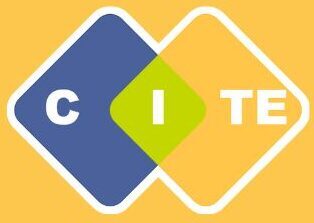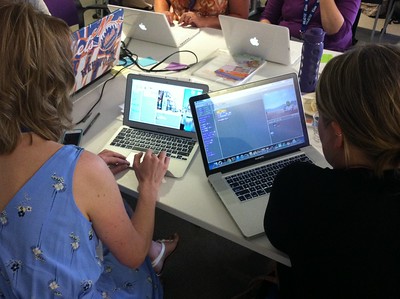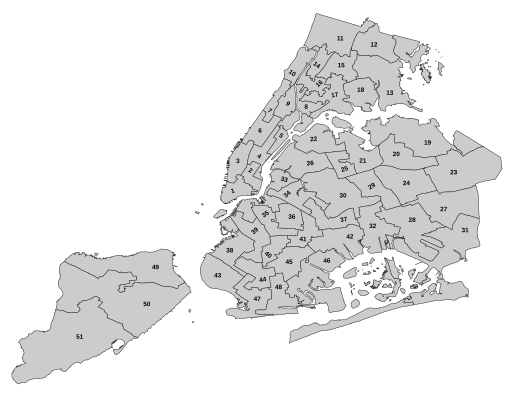This example comes with a design toolkit! Click here to access it!
The Premise
This computing integration focuses on supporting teacher candidates to engage in and teach with and through conceptual models across disciplines.
Background
Teachers use models to help students explore and understand phenomena by providing opportunities for them to focus on the most important information and hide unnecessary detail. One way teachers can do this is by representing problems/phenomena in ways that simplify it. However, teachers also discuss limitations of models and why sometimes it may not be possible or desirable to simplify complex problems/phenomena. Teachers may also use computing to help students create and explore models using modeling or coding environments.
Courses that would lend themselves to this integration
- Methods
- To use conceptual models to understand phenomena (such as scientific, historical, economical, or political)
Potential Conversations and Activities
Teaching in this area could support teacher candidates to:
- articulate the affordances and opportunities of developing and using models to support disciplinary learning
- developing and using models includes
- exploring, analyzing, and representing phenomena by identifying its key aspects and removing unnecessary details
These are ONLY ideas and suggestions for conversation topics and activities your design might engage — your teaching artifact does NOT need to include all of these!
| About computing/tech |
|
| With computing/tech |
|
| Through computing/tech |
|
| Against computing/tech |
|
Summer 2022 Professional Development Workshops Related to Conceptual Computational Modeling
- Wednesday, July 27, 2-4pm, Scientific Simulations and Agent-Based Models with StarLogo Nova, Hosted by Gabrielle Rabinowitz






